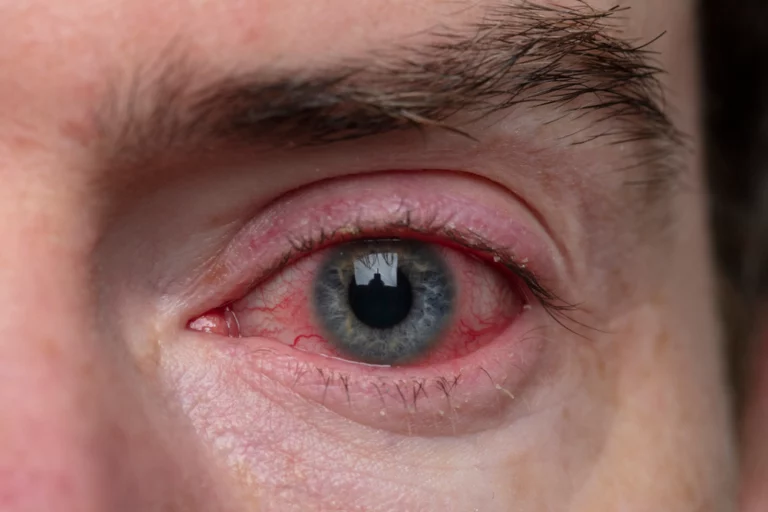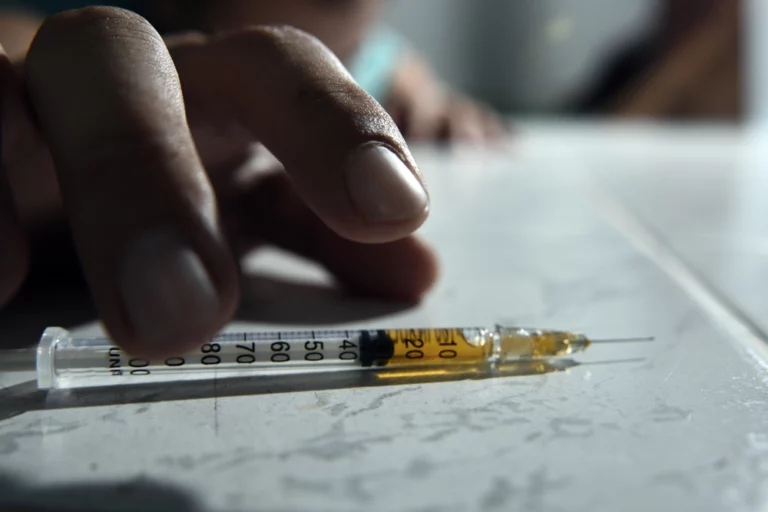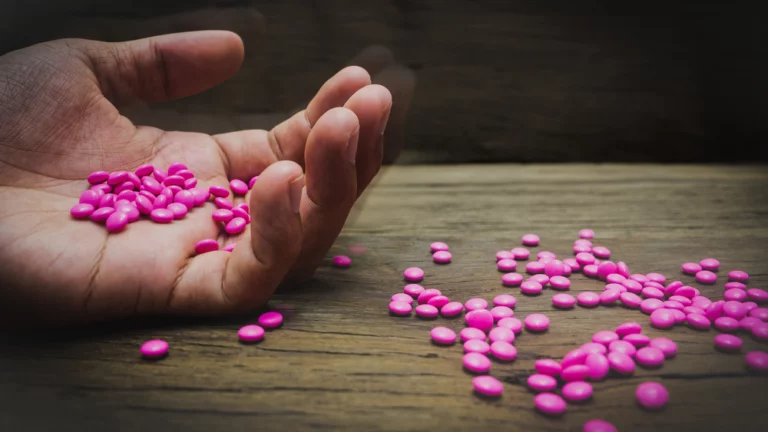Can You Survive a Fentanyl Overdose?
Can you survive a fentanyl overdose? Fentanyl is a potent painkiller frequently prescribed to alleviate severe pain brought on by surgery, illness, or injury. Despite the fact that this medication is beneficial to many people, it shares the same addictive and potentially fatal qualities as its illegal opioid counterparts, such as heroin. If a person uses fentanyl for an extended period of time, they can become addicted to it and experience a fentanyl use disorder or easily suffer an overdose.
Recently fentanyl overdoses have increased due to clandestine drug manufacturing tactics in which drugs like cocaine, heroin, or even prescription pills are cut or laced with fentanyl. Unaware of fentanyl’s presence paired with the drug’s extreme potency, users overdose and, frequently, die. In 2021 alone, over 71,000 people in the U.S. died from fentanyl overdoses. Continue reading to learn more about this drug, the signs of fentanyl abuse, and what to do if someone is actively overdosing.
You can survive a fentanyl overdose. However, due to the drug’s extreme potency, medical attention is required right away. Medical personnel can administer Narcan, a medication used to reverse opioid overdose.
What is Fentanyl?
Fentanyl is an exceptionally powerful synthetic opioid that is substantially stronger than both morphine and heroin. It is both a legally prescribed medication and an illicit drug. Doctors often prescribe fentanyl to those with serious pain, especially after surgical procedures, and to those with persistent pain who have become physically tolerant to other opioids. Fentanyl can be administered to patients through injections, skin patches, or lozenges that are similar to cough drops.
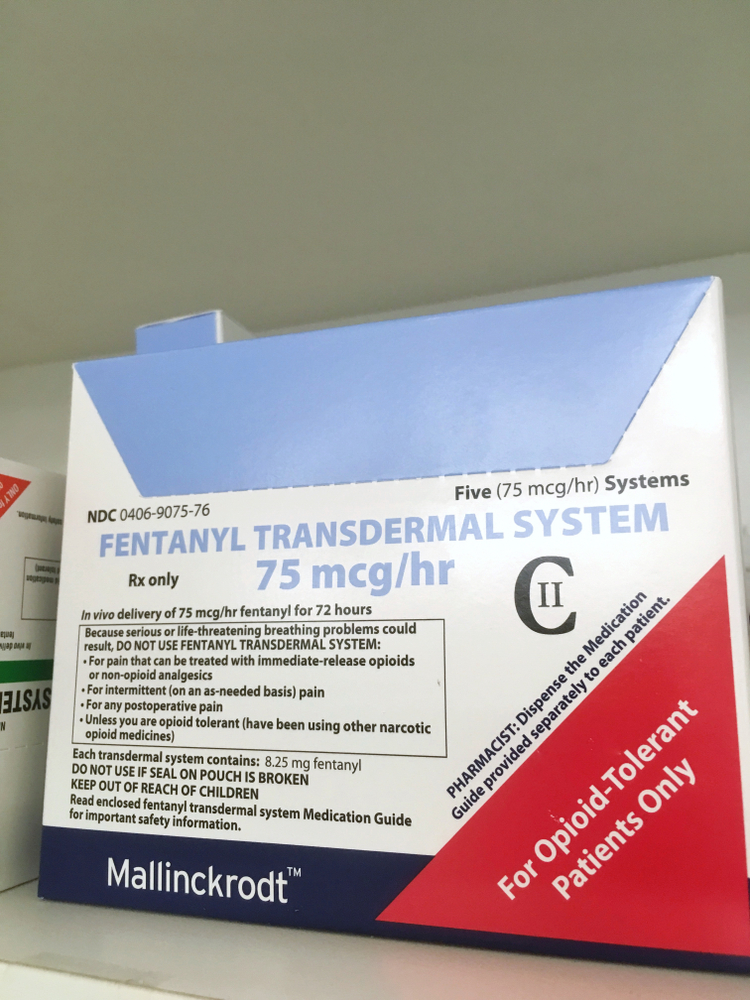
Illicit fentanyl is a major cause of the rising number of deaths due to synthetic opioid overdose. This illegally-created substance can be found in powder form, on blotter paper, in eye droppers and nasal sprays, or in counterfeit pills that resemble other opioids. It can also be mixed with other drugs such as heroin, cocaine, methamphetamine, and MDMA, and those who take these drugs may not be aware that they contain fentanyl and may be putting themselves in great danger of overdose.
Fentanyl Abuse in Kentucky
A report revealed that in 2021, around 2,250 individuals in Kentucky succumbed to drug overdoses, representing a 14.6% increase from the previous year. Fentanyl was cited as the main cause of this record death toll, being involved in 72.8% of these fatalities. This scourge has been hitting both rural and urban areas of Kentucky, leading to a new high in overdose deaths for the state.
Fentanyl Abuse in the United States
The Centers for Disease Control and Prevention (CDC) reported that in the year up to January 2022, 107,375 fatalities in America were caused by drug overdoses and poisoning. Of this number, an alarming 67 percent were linked to synthetic opioids like fentanyl. This figure included deaths due to substances such as cocaine, methamphetamine, and heroin that had been mixed with fentanyl without the users knowing. It is believed that only two milligrams of fentanyl is enough to be fatal, making it particularly hazardous for those without a tolerance to opioids.
What Causes a Fentanyl Overdose?
An overdose of fentanyl, also referred to as opioid toxicity, is caused when an individual ingests or consumes too much of the drug either intentionally or unintentionally. This can have dangerous consequences and can be fatal. A person who has unwittingly ingested fentanyl (such as when it is mixed with other materials) is more prone to overdosing since they may not be familiar with the potency of opioid effects that fentanyl can cause. The degree of fentanyl toxicity varies from person to person and depends on their size/weight, tolerance, and any past experience with the drug. Risk factors of overdosing include:
- Using fentanyl after abstaining for a prolonged amount of time
- Using fentanyl with other intoxicating substances like alcohol or cocaine
- Having an overdose history
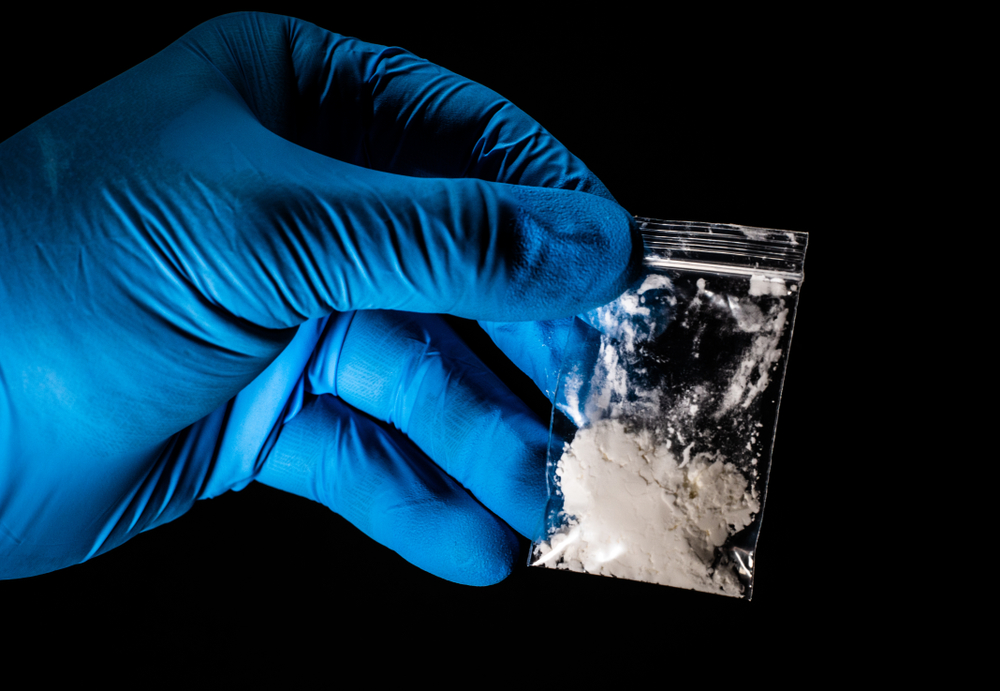
Signs of Fentanyl Overdose
When someone is under the influence of opioids, they often appear to be very tranquil, easily fall asleep, and have a difficult time speaking. Nevertheless, if they have overdosed, they would seem to be more in a coma-like state than just tranquil. In the case of an overdose from fentanyl, similar to other opioids, there are certain symptoms that are expected to arise. Someone who has overdosed on fentanyl might present one or more of the following signs:
- Shallow breathing
- Weak pulse
- Unconsciousness
- Vomiting
- Limp
- Pale, clammy skin
- Blue tint to fingernails and lips
- Gurgling sounds when breathing
The danger of opioid overdosing lies in the fact that the decreased breathing rate could deprive the brain and other organs of oxygen, leading to death if the situation is not addressed instantly. Even if help arrives quickly, there is a risk of long-term brain impairment. Injectable fentanyl can have its effects within 1 minute, with the peak in 2-5 minutes, and lasting for 30 minutes to 1 hour. However, it is possible for a lethal overdose to occur up to 3 hours after taking the drug, depending on the individual and any other substances in their body. It is important to note that it is never too late to help someone who might be experiencing an overdose.
What to Do in the Event of a Fentanyl Overdose
In the event of a potential fentanyl overdose, people should immediately contact emergency services by dialing 911. Doing so can help reduce any harm that the overdose may cause, and potentially save the person’s life. While waiting for the medical team to arrive, closely monitor the individual and make a record of their condition to inform the emergency responders.
If you believe that you have overdosed on fentanyl, it is best to call 911 and explain the situation immediately. Do your best to remain conscious until help arrives. If possible, stay seated, but if not, lie on your side. Upon arriving, medical staff will take a close look at your breathing, heart rate, blood pressure, and temperature. Depending on the severity of the overdose, they may administer naloxone, which is a medicine that effectively blocks opioid receptors and can halt the adverse side effects of the overdose.

Can a Fentanyl Overdose be Reversed?
It is possible to administer medical aid for a fentanyl overdose, but it is important to act immediately. The same drug used to counteract a heroin overdose, naloxone, can be used to reverse an opioid overdose. According to one report, it commonly took more than one dose of naloxone to be successful in 83% of overdose cases, indicating how powerful the drug is and how quickly it has an effect on the body.
Naloxone is a secure and efficient medication for opioid-related overdoses and can be administered by EMS, law enforcement, bystanders, or other drug users, depending on state and local regulations. It is important to note that while naloxone is not a remedy for the increasing fentanyl problem, it is a harm reduction method that can save lives. It is possible that even with naloxone administration, the individual may still die as fentanyl is potent and fast-acting and often requires more than one dose to reverse the effects.
Treatment for Fentanyl Addiction in Louisville
Overcoming an addiction to fentanyl, as with any other opioid, necessitates the aid of professional detoxification and a treatment program. If taking the step to regain control of one’s life, it is exceptionally important to choose a medically supervised facility over attempting to detox at home, as this can be life-threatening. Once the substance is out of the body, counseling is used to rewire the brain to not need the substance, as well as how to live without it after treatment. Cognitive behavioral therapy is often employed to modify the patient’s beliefs about the drug, their actions regarding it, and to teach them how to manage potential triggers and stress.
In some scenarios, using limited amounts of medications might be required. Drugs like buprenorphine and methadone function by connecting to the same opioid receptors in the brain as fentanyl, decreasing desires and symptoms of withdrawal. Naltrexone disables opioid receptors and stops fentanyl from being effective. Your treatment specialist will probably suggest this choice if they think it would be beneficial for your recovery.

Rehab for Fentanyl Addiction in Louisville, Kentucky
At Louisville Recovery Center, those dealing with fentanyl addiction can receive treatment, support, and a full range of care. This treatment is extremely important for a few reasons, such as providing information about drug dependence, aiding in safe withdrawal, figuring out the cause of the addiction, and teaching people how to deal with stress, prevent relapse, and create healthier coping strategies to stay sober.
Treatment is be available in a multitude of environments with various levels of care depending on the particular circumstances and the severity of the addiction, If you or someone you care about is dealing with fentanyl addiction and is in need of help in the Louisville area, please don’t hesitate to reach out to the professionals at Louisville Recovery Center. We are here to help you. Contact us today.



